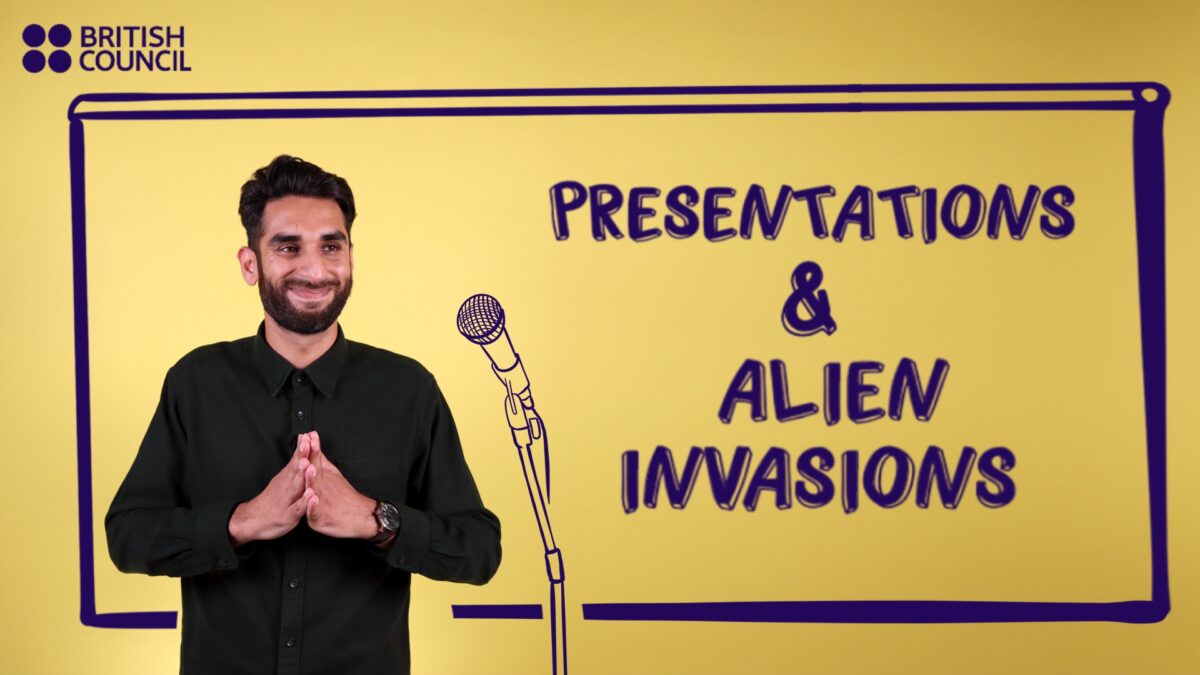How to Apply for Internships & Work Experience at International Organisations

Applying for work experience or internships at large international companies is different to finding regular jobs. Organisations like the United Nations (UN) and the British Council have a more formal application process.
This guide will explain how to apply for work experience and internships at organisations like this. We’ll cover what to expect and how to improve your English skills to stand out.
How the hiring process works at international organisations
Applying for internships or work experience at international organisations is different from applying for a regular job. You won’t just send a CV and have a quick interview; most organisations have a more structured process to assess candidates.
Organisations like the United Nations and UNESCO often use competency-based applications. This means they want to see real examples of how you’ve used key skills, not just a list of qualifications. You might also need to complete written assessments to show your English and problem-solving abilities.
What to expect from the application process
The application process for companies with international internships has multiple stages and takes longer than a regular job application.
It usually starts with an online application, where you’ll submit a cover letter, CV, and answers to some specific questions. If you get through that stage, you might need to complete tests to show your working knowledge of the position you want to apply for.
Some organisations also run interviews to find candidates from diverse backgrounds.
How to strengthen your application
A strong application isn’t just about meeting the requirements – it’s about showing why you’re the right fit. These steps will help you stand out when you apply for internship or apply for work experience at international organisations.
Research the organisation’s mission and values
Before you apply for work experience or an internship, take the time to understand what the organisation does and what it looks for in candidates. Many international organisations focus on their mission, especially in areas like international development.
- Check their website, recent projects, and reports.
- Look at the skills they highlight in job descriptions.
- Think about how your learning experience or wide-ranging skills relate to their mission.
Tailor your CV and highlight relevant experience
A generic CV won’t help you stand out. Make sure yours focuses on professional experience that fits the role, even if it comes from volunteering, a degree programme, or part-time jobs.
- Match your skills to the job description.
- Highlight relevant coursework, research, or projects.
- Show examples of leadership, teamwork, or problem-solving.
Get ready for written assessments
Some organisations test your working knowledge through writing tasks. These might include reports, essays, or case studies to see how well you communicate ideas and solve problems.
- Practice summarising reports and writing clear answers.
- Look at past assessments from similar organisations.
- Focus on simple, structured writing to make your answers clear.
Master competency-based interview skills
Many international organisations use structured interviews to see how you’ve used key skills in real situations. These are called competency-based questions, and they often start with phrases like:
- Tell me about a time when you…
- Give an example of a situation where you…
- Describe a time when you had to…
The best way to answer these is to use the STAR method:
Situation – What was happening?
Task – What was your role?
Action – What did you do?
Result – What happened in the end?
Using this approach can help you give clear, structured answers about your professional experience.
Find out more about competency-based interview questions in our related blog article.
Sharpen your English skills for international roles
Good communication is important when applying for internships or work experience at international organisations. You will need to:
- Write clear, professional applications.
- Complete assessments.
- Speak confidently in interviews.
British Council English Online offers courses designed to help you:
- Develop strong writing skills for CVs and cover letters.
- Practice speaking for interviews.
- Build confidence using English in professional settings.
Lessons are flexible and tailored to your level, so you can learn at your own pace.
Get the skills you need to succeed in a global workplace.




